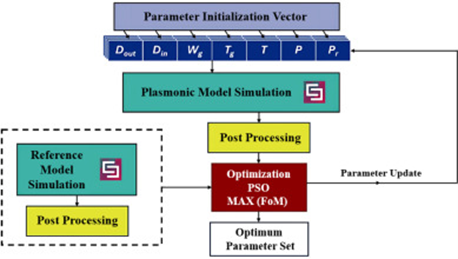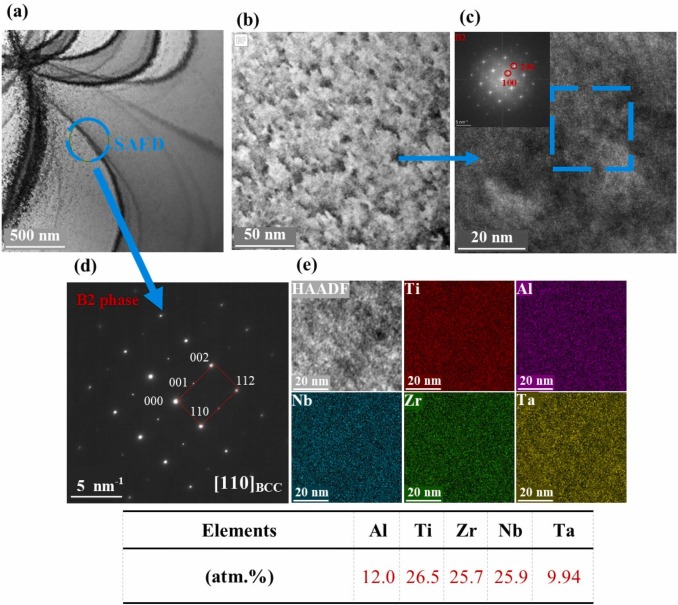
Full-duplex cooperative cognitive radio networks
In this paper, we study the impact of a full-duplex secondary node on a cognitive cooperative network with Multipacket Reception (MPR) capabilities at the receivers. Motivated by recent schemes that make full-duplex communication feasible, we study a model with one primary and one secondary transmitter-receiver pair, where the secondary transmitter is able to relay primary unsuccessful packets. Cooperation between primary and secondary users has been previously shown to be beneficial for the primary and the secondary users in terms of stable throughput. Our model assumes an imperfect full-duplex secondary node that can transmit and receive simultaneously, cancelling self-interference to a certain extent. Furthermore, we assume that the secondary transmitter chooses between cooperating with the primary user and transmitting secondary packets probabilistically according to some optimized probabilities that depend on both the channels in the network and the state of the primary user. We determine these probabilities by formulating a constrained optimization problem with the secondary throughput as the objective function and the stability of the primary queues as constraints. Using the dominant system approach, we show that the optimization problem has a quasi-concave structure, to which the optimal solution can be easily found. Using Numerical results, we characterize the cases where the full-duplex capability is beneficial to the system, namely, we show that the full-duplex secondary node greatly increases both the secondary throughput and the primary maximum stable throughput in channels with receivers that have strong MPR capability. © 2015 IFIP.



